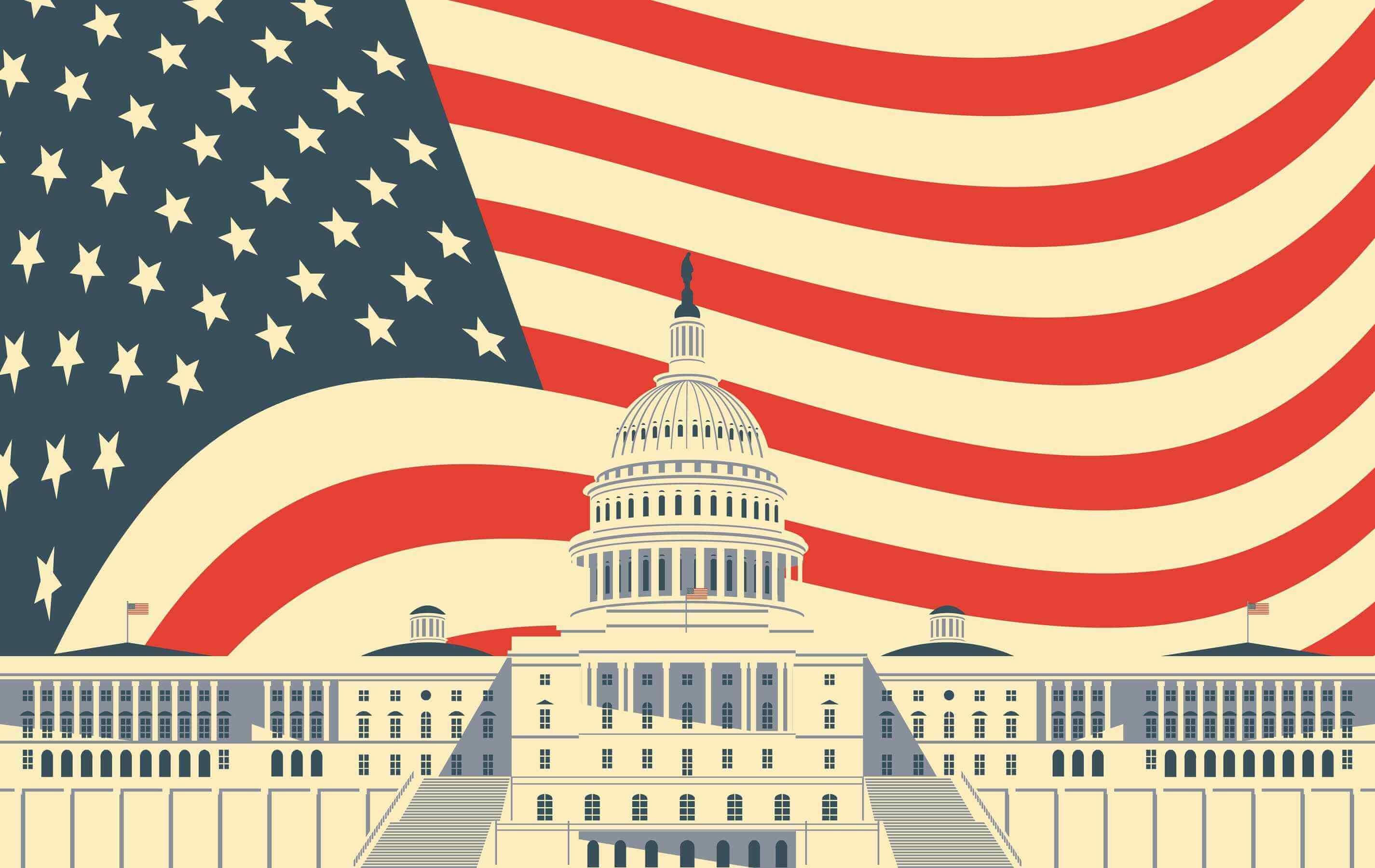'enormous Fear’: Housing Industry Braces For Trump Tariffs, Workforce Cuts

The U.S. housing market was already struggling under the weight of high mortgage rates and a lack of supply. Now, President Donald Trump’s threats to impose punishing tariffs on lumber and potentially fire thousands of employees at housing agencies could deal a severe blow to the industry.
Trump late Wednesday said he is considering a 25 percent tariff on lumber and forest products that would take effect around April 2. The new levy would come amid steep cuts expected to the workforce at the Department of Housing and Urban Development, which could shrink by as much as 50 percent.
The moves could increase the cost of construction and slow financing for affordable developments — contravening a White House executive order vowing to “drastically lower the cost of housing” and expand supply.
Record-high prices have helped push up inflation, and the shortage of affordable homes became a major campaign topic last year, with nearly one in three American renters saying it was a top-three issue for them. Trump pledged to bring down costs by slashing regulations, lowering mortgage rates and selling off federal lands for home construction.
“The president ran on bringing down the cost of housing,” said Ken Wingert, chief advocacy officer at the National Association of Home Builders. “Increasing the cost of construction inputs doesn’t accomplish that goal, and we will continue to relay that to folks in the administration and on the Hill.”
There is already a 14.5 percent tariff on Canadian lumber, which accounts for 70 percent of U.S. lumber imports. That tax doubled last year.
The fallout is already being felt. Home builder sentiment fell sharply in February on concern over tariffs and high mortgage rates. Housing starts were weaker than expected in January, in part because of cold weather.
Meanwhile, the Department of Government Efficiency-led cuts to HUD — including possible reductions at related agencies like the Federal Housing Administration and Ginnie Mae — could hinder financing of new affordable apartment units.
New projects “will be delayed at a time when on the multifamily side affordable financing is really important,” said an industry lobbyist who requested anonymity to speak frankly about the fallout from the administration’s recent moves.
Trump allies say the housing market will thrive under the president.
The overall impact of the administration’s policies will be a net positive for the industry, according to Steve Moore, a senior visiting fellow at the Heritage Foundation and a longtime Trump economic adviser.
“The deregulation and the tax cuts are really pro-housing, and the Trump HUD team has all sorts of initiatives to promote home building and homeownership,” Moore said. “Trump is going to be very positive for housing, and he’s going to make it so there’s more affordable housing.”
Newly confirmed HUD Secretary Scott Turner has pledged that the department would be “detailed and deliberate about every dollar spent,” adding that a DOGE task force at the agency would “play a critical role in helping to identify and eliminate waste, fraud and abuse.”
But there’s skepticism in the industry that the cuts themselves would be deliberate or surgical.
FHA and Ginnie Mae, a government-run corporation that helps make mortgages more affordable, operate “programs that both make money [for the government] and make affordable homeownership possible,” said the industry lobbyist. “We should do more of it, and our concern, of course, is that they won’t survive the next round” of cuts unscathed.
“There’s enormous fear in the housing system, among lenders, among advocacy groups, and the threat of retaliation is palpable,” said another industry leader who requested anonymity out of fear of a backlash from the administration.
“Multiple players in the housing world have relayed concerns to the administration,” the insider added. “Part of the problem here is that there are two power centers right now — one is DOGE, and the other are presidential appointees, and DOGE staff are calling all the shots.”


